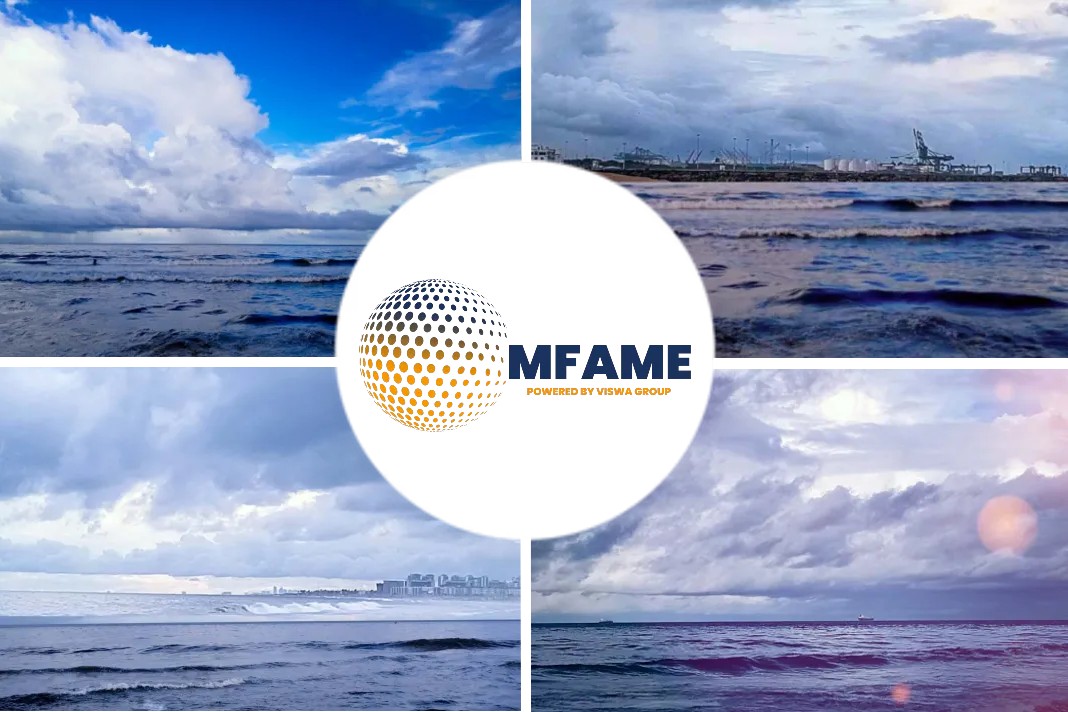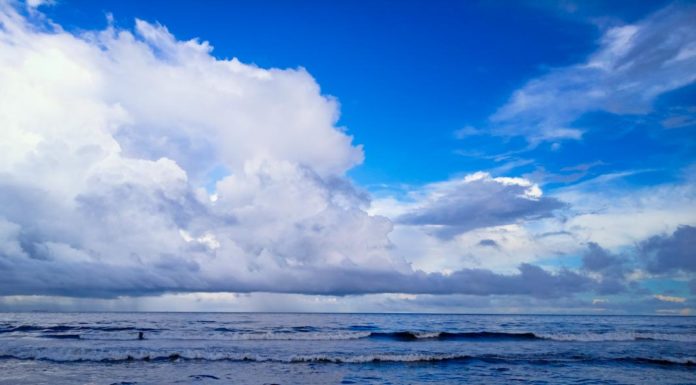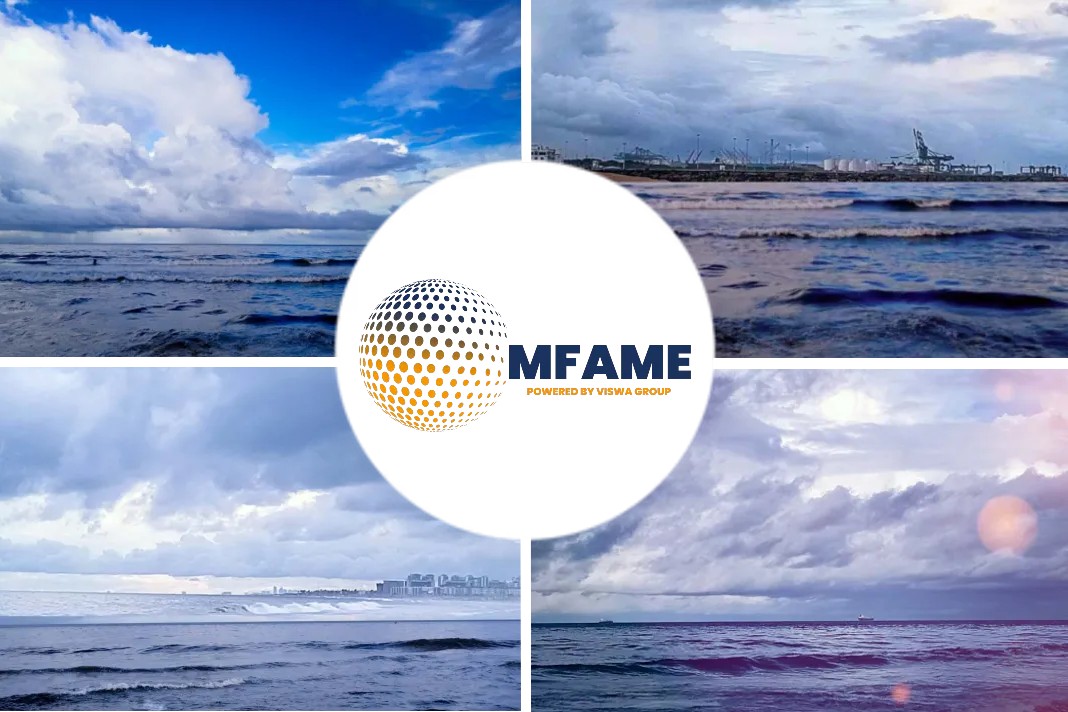The Turkish shipbuilding industry is strengthening its global market presence by increasing the number of special-purpose projects, says an article published in Daily Sabah.
Presence in global markets
The Turkish shipbuilding industry is strengthening its presence in global markets by increasing the number of special-purpose projects they carry out and by competing with rivals on the basis of technology and quality.
LNG powered project
As part of those projects that were dubbed the first in their field, Kuzey Star Shipyard most recently built Russia’s first liquefied natural gas (LNG)-powered roll-on/roll-off (ro-ro) ship for FSUE Rosmorport in Tuzla, Istanbul.
The 200-meter-long (656-foot-long) ro-ro ship named Marshal Rokossovsky was constructed as part of a cooperation between the Kuzey Star Shipyard and LLC Nevsky Shipyard and was launched last week in Istanbul. It is set to be used on the Ust-Luga-Baltiysk (Kaliningrad seaport) line by the Russian company.
The ship, along with the cars, trucks and rigs, will be able to transport wagons. It is scheduled to be delivered in the first quarter of 2021.
Meanwhile, construction is underway for General Chernyakhovsky, the second ro-ro ship to be delivered to the same firm by the Kuzey Star Shipyard.
Environmentally friendly
During the launching ceremony, Vasily Strugov, deputy general director for the fleet of FSUE Rosmorport, said that the commissioning of the newly built ferries will update the “fleet engaged in this strategically important crossing for the country, reorient part of the cargo flow currently flowing to and from the Kaliningrad Region through the territory of neighboring countries, as well as ensure the transportation of goods in volumes necessary for domestic consumption.” He added that today, there are no such “environmentally friendly” ferries operating both on low-sulfur diesel fuel and on LNG in Russia, so thus this ferry will take the company to a pioneering position.
Positive outcome of a change
The Turkish shipbuilding sector took one of the heaviest blows from the 2008 global financial crisis. Unable to compete with Far Eastern countries in the construction of tanker and dry cargo ships, local shipyards turned to special purpose boat construction, a niche market at the time.
Benefit from shipyards
However, the shipyards started to benefit from that strategic move in the last few years, especially in the last five years by focusing on research and development (R&D) and innovation.
Ships, Yachts and Services Exporters Association (GYHIB) Chairman Cem Seven, said in an article published Thursday in Turkish daily Dünya that Turkey managed to enter the top five countries in special-purpose vessels built, emphasizing that local shipyards are very active especially in the construction of ferries, fishing vessels and tugboats.
Automatic charging stations
Among those, electric ferries, which are charged at the automatic charging stations located at both piers of the line they operate, can complete their journey to the other pier without using any additional energy or fuel and refill their batteries again during the loading and unloading of the vehicles.
These ferries, which consume minimum energy by evaluating factors such as weather conditions, are also equipped with autonomous navigation systems to reduce fuel and energy consumption. Instead of being pushed to the pier with the conventional method of propellers during loading and unloading, the ferries stays in place with the vacuum system on the pier.
Floating factories
“These ships are floating factories,” he said, adding that the vessels have strong propulsion systems. Ships, which have superior features in generating sustainable energy sources, generate electricity from the kinetic energy generated by crane movements and occurring when the net is released and pulled into the sea.
Turkish builders contributions
Towboats
Turkish shipyards export towboats with various power and towing capacity all over the world, especially to Northern European countries, Seven added.
Floating power plants
The world’s first floating power plants, known as powerships, were also built by a Turkish conglomerate Karadeniz Holding – which has the world’s only powership fleet and has been sending its ships worldwide to meet urgent energy needs.
Carbon free ferry
The largest offshore wind maintenance ship, the first LNG-powered towboat, the first remote-controlled towboat, the first electric towboat, the world’s largest fish factory ship and the fully electric “free carbon” ferry is also among other special-purpose projects carried out by Turkish shipbuilders along with the first hybrid ferries currently used in the U.K.
Exports rise despite pandemic
The shipbuilding industry, which could not deliver ships on time due to COVID-19-related travel bans in March and April, saw a rapid rise in exports in June and July.
The sector, which increased its exports by 58.8% in June compared with the same period of the previous year, posted a 59.5% increase in July, reaching $141 million (TL 1 billion) in overseas sales.
The shipbuilding, in the first seven months of the year, exported a total of $641 million worth of products and aims to exceed last year’s $1 billion in exports over the course of the year.
Did you subscribe to our daily newsletter?
It’s Free! Click here to Subscribe!
Source: Daily Sabah















